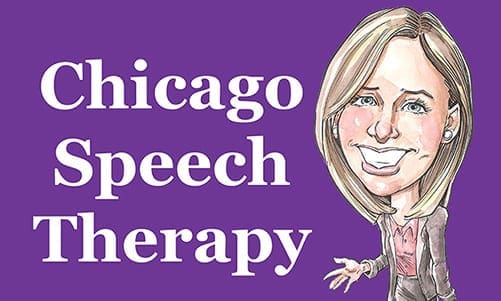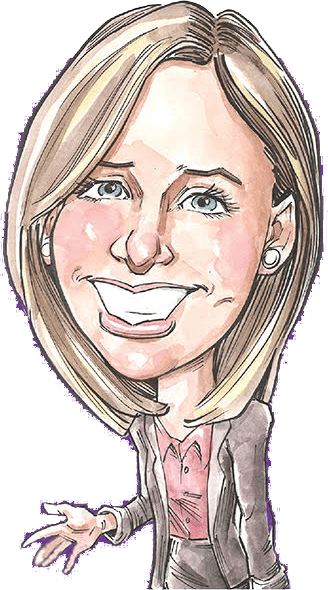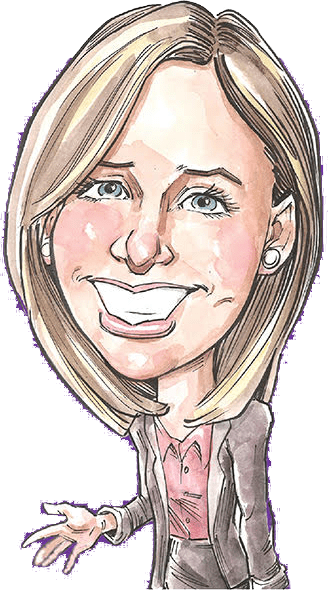Teaching a child with a sensory processing disorder to communicate effectively can be extremely difficult. That difficulty is compounded by the vast amount of misinformation which exists surrounding the subject of speech development. The following are a number of popular falsehoods about sensory processing disorder. It is important to know fact from fiction in order to address your child’s speech development needs.
Myth 1: Sensory processing disorder isn’t real
Because the disorder often manifests itself along with other issues such as autism or Attention Deficit Hyperactivity Disorder, many parents are tempted to say that it is inseparable from those conditions. In reality, sensory processing disorder is the root problem from which other speech development problems (such as those mentioned) can arise.
Myth 2: My child will outgrow his sensory processing disorder over time
Sensory processing disorder severely hampers a child’s speech development, so that without appropriate early-intervention speech therapy under the guidance of a skilled speech-language pathologist, he or she risks growing up with limited language skills. It is not a disorder that will resolve itself over time without the appropriate treatment.
Myth 3: Medication is the best treatment for sensory processing disorder and speech therapy is unnecessary
Pediatric speech-language pathologists such as those on the Chicago Speech Therapy team are trained to address the specific developmental needs of children with sensory processing disorder through a regimen of focused, at-home speech therapy sessions. The proper speech activities are crucial to overcoming a developmental disorder and medication is no substitute. In addition, many medications for sensory processing disorder have undesirable side effects and do not provide a long-term solution to the speech difficulty.
Myth 4: Sensory processing disorder can be cured by disciplining a child
A child suffering from sensory processing disorder is not “acting out” or “misbehaving.” He or she has a serious speech development issue and the proper treatment needs to be formulated by a trained speech-language pathologist. The speech activities used by pathologists at Chicago Speech Therapy are designed to help your child overcome a speech disorder by patiently and methodically teaching him/her how to do the things that unaffected children do naturally.


